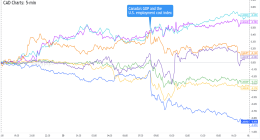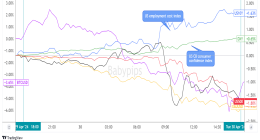In focusing on targets, activists from rich countries risk putting metrics above the lives of vulnerable people
The dissonance is enough to make me uninstall Twitter from my phone. Maybe it’s compassion fatigue, maybe it’s 2020. But if I’m honest with myself, it’s a world-sized rift in how we perceive the climate emergency on the different timelines I doom-scroll. On one feed, everyone – American or not – is forced to tune in to each candidate’s climate policy because the US’s electoral fate is inextricably linked to the future of the planet. On another feed from back home in India, 40 new coalmines in the last great sal forests are being served up to any bidder who’ll take them, while civil rights activists from a different era of environmental organising languish in jail, their health deteriorating.
We’re at an inflection point in climate politics, where some governments are readying 30- and 40-year carbon-neutral plans and others are looking to coast into the next decade with pledges that are already five years old. Meanwhile people who have always suffered are contending with the fallout of inaction in the here and now. We need to align these two timelines and to broaden our definition of climate justice, if we are to achieve any measure of justice for the most vulnerable. But in order to do this, we must accept that climate politics are not so black and white any more.





